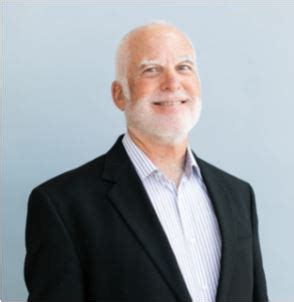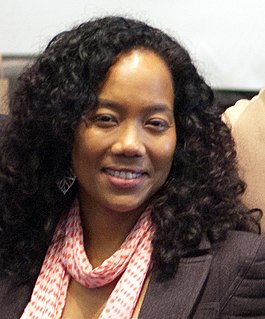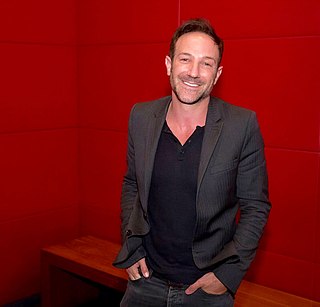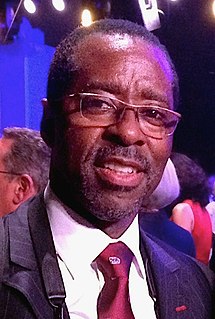A Quote by Curtis Jackson
In my neighborhood... they view the police as someone who comes to take their loved ones away.
Quote Topics
Related Quotes
If you have an all-white neighborhood you don't call it a segregated neighborhood. But you call an all-black neighborhood a segregated neighborhood. And why? Because the segregated neighborhood is the one that's controlled by the ou - from the outside by others, but a separate neighborhood is a neighborhood that is independent, it's equal, it can do - it can stand on its own two feet, such as the neighborhood. It's an independent, free neighborhood, free community.
Take away material prosperity; take away emotional highs; take away miracles and healing; take away fellowship with other believers; take away church; take away all opportunity for service; take away assurance of salvation; take away the peace and joy of the Holy Spirit... Yes! Take it all, all, far, far away. And what is left? Tragically, for many believers there would be nothing left. For does our faith really go that deep? Or do we, in the final analysis, have a cross-less Christianity?
If you take five wickets, someone has to take the catches. If you score a hundred, someone has to be there with you. You haven't done it individually. Some contributions may be small, but they are still tangible. You have to look at it from a team point of view. When you start looking at it as an individual, then you have no team.
I raced because I was paid to do a job and I felt like I had to do the job. Number two: I raced because I loved the process, I loved training, getting ready for the race, I loved all of that. And number three I raced for my memories. Regardless of what somebody wants to give or take away, you can't take my memories.
Let's say you are driving in the U.K., and you are pulled over by the police for speeding, and you try to bribe the police officer with £300 to walk away. I guarantee you that at least 99 times out of 100 you are going end up in handcuffs, and you will be charged with the crime of trying to bribe a police officer.
The best way to experience power (or anything) is to give it away. Make someone else powerful and you become twice as powerful as you were before. Make someone else loved and you become twice as loved. Make someone else feel good and you feel twice as good. It doesn't get any better than this. And it's all so...simple.



































